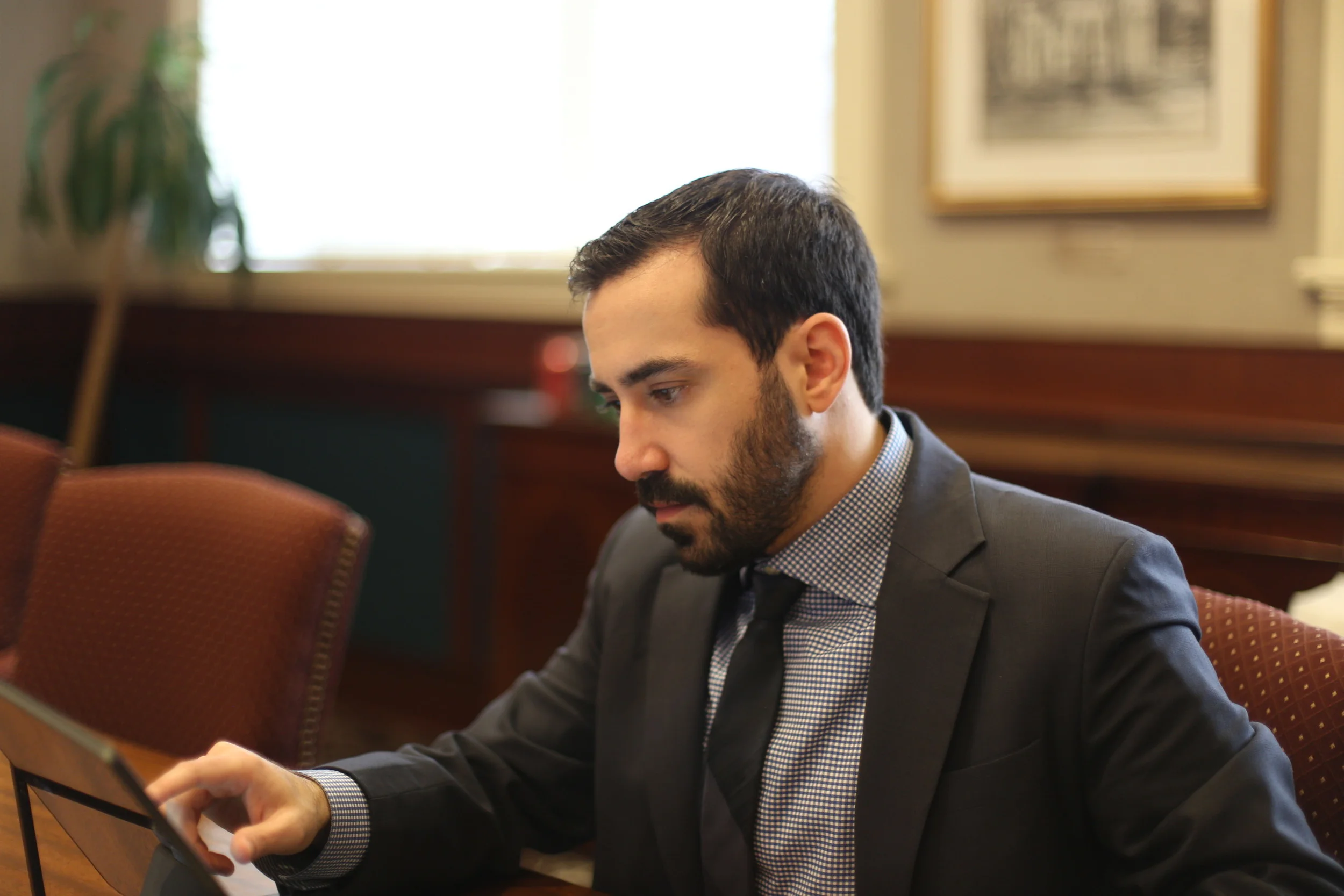What do you think about when you hear the term “Power of Attorney”? Do you envision a mustache-twirling villain conning an elderly widow into signing away all of her legal powers? Such images make for good fiction, but that’s simply not reality for the vast majority of situations involving a Power of Attorney. The document is merely a tool, no different in concept than a power saw - both are powerful, both seem scary to anyone who hasn't used one before, and both are incredibly useful when we learn to how to use them safely and effectively. That’s why I recommend them to my clients in a variety of different contexts as a flexible way to get things accomplished. I wrote briefly about this subject in my “6 Legal Resolutions for 2016” (http://www.liuzzalaw.com/blog/2016/1/4/6-legal-resolutions-for-2016), but I wanted to provide bit more detail in this post.
So what is a Power of Attorney? Simply put, it’s a document that allows someone else to perform a legal right on your behalf. There are many different types, but let’s categorize them broadly as specific and general. A specific Power of Attorney would allow an individual to name an agent that could do one or more things on their behalf in a certain context. An example might be a Health Care Power of Attorney, where a person could nominate an agent to make health care decisions on their behalf if they themselves were unable to do so. Another example would be a Real Estate Power of Attorney, which would allow an agent to act on someone’s behalf when transferring or purchasing real estate. Each type of document can be customized to meet the individual needs of the client. Perhaps someone wants to name an agent to sign on their behalf for all real estate transactions they will enter into in the foreseeable future. Or, the agent may only be given the power to act on the person’s behalf for a single transaction involving a single property on a single day.
A second category would be a General Power of Attorney. This is document that allows an agent to act on someone’s behalf in many different ways. When could this be useful? Perhaps a wife often leaves the country on business and wants her husband to be able to sign documents, pay bills, and make other decisions that might normally require her signature or consent. A General Power of Attorney would be an efficient way to get these things accomplished without having to wait on the wife’s return. An elderly individual may want to nominate a trusted family member to take care of his day-to-day affairs. A General Power of Attorney would allow an agent to stand in that person’s shoes and accomplish a wide range of tasks.
Like any tool, a Power of Attorney can be dangerous if misused. It’s important to fully understand the potential consequences of allowing someone to act on your behalf. Trust is paramount, but it is equally crucial to speak with your attorney about what exactly you want to happen so you can get a custom-tailored Power of Attorney that meets your needs. Before signing, you need to understand exactly what the document does and does not allow the agent to do on your behalf. You should ask the drafting attorney if the agent’s powers are limited to what is expressly stated or if he or she has the flexibility to perform related unlisted tasks to further a particular goal. With a trusted agent and a clear idea of the purpose of that particular document, a Power of Attorney can be an important part of your toolkit for getting things done. To talk about whether a Power of Attorney is a good fit for your needs, contact me at (504) 298-8018 or by email at chris@liuzzalaw.com.

